Setting and achieving goals is an essential part of personal and professional growth. However, the journey from goal setting to goal attainment can be challenging, requiring time, effort, focus, dedication, and perseverance. That’s why it’s crucial to leverage the power of “Done” to help turn dreams into reality and reach goals more efficiently and effectively.
What is the “Done” concept?
The “Done” concept refers to completing a task or reaching a milestone. It is a simple yet effective method for breaking down complex and intimidating goals into smaller, more manageable tasks. By focusing on smaller tasks, individuals can make daily progress, which can help keep them motivated and focused. Furthermore, as each task is complete, a sense of accomplishment is generated, which can further boost motivation and drive individuals to achieve their goals.
One way to implement “Done” is through a checklist or a project management tool. By breaking down a complex goal into smaller tasks and tracking their completion, individuals can see their progress and stay motivated. Additionally, using a checklist or a project management tool allows individuals to prioritize tasks, allocate time and resources effectively, and make adjustments as necessary.
Why is the “Done” concept important?
Leveraging the power of “Done” is critical because it helps individuals focus on the small, manageable tasks that make up a larger goal. By breaking down complex goals into smaller tasks, individuals can make daily progress, which can help keep them motivated and focused. Furthermore, as each task is complete, a sense of accomplishment is generated, which can further boost motivation and drive individuals to achieve their goals.
Additionally, keeping a record of completed tasks allows individuals to track their progress, assess their strengths and weaknesses, and adjust their approach as necessary. This can help individuals stay on track, make the most of their time, and ultimately achieve their goals.
How to leverage the power of “Done”?
The key to leveraging the power of “Done” is to focus on the small, attainable tasks that contribute to the larger goal. By marking each task as “Done,” individuals can stay motivated, build momentum, and stay on track toward their goals. Additionally, a checklist or a project management tool can help individuals prioritize tasks, allocate time and resources effectively, and make necessary adjustments to their approach.
It’s important to note that “Done” does not mean perfect. When working towards a goal, it’s easy to get bogged down in details and aim for perfection, but this can lead to burnout, frustration, and a sense of failure. “Done” means making progress and reaching milestones, no matter how small they may be.
To implement the “Done” concept effectively, individuals need to start by defining their goals clearly. They should break down their objectives into smaller, manageable tasks that can be accomplished within a specific timeframe. This can help them avoid feeling overwhelmed and ensure they stay focused on their goals.
Once they have defined their goals and broken them down into smaller tasks, individuals can start tracking their progress using a checklist or project management tool. This can help them prioritize tasks, allocate time and resources effectively, and make necessary adjustments to their approach.
Finally, individuals need to celebrate their achievements along the way. Each completed task should be seen as a milestone towards reaching the larger goal. By celebrating these small wins, individuals can maintain their motivation and stay on track towards achieving their goals.
In conclusion, leveraging the power of “Done” is a powerful tool for individuals looking to reach their goals. By breaking down complex goals into smaller, manageable tasks and tracking progress along the way, individuals can achieve their goals with greater efficiency and effectiveness and turn their aspirations into tangible realities.

